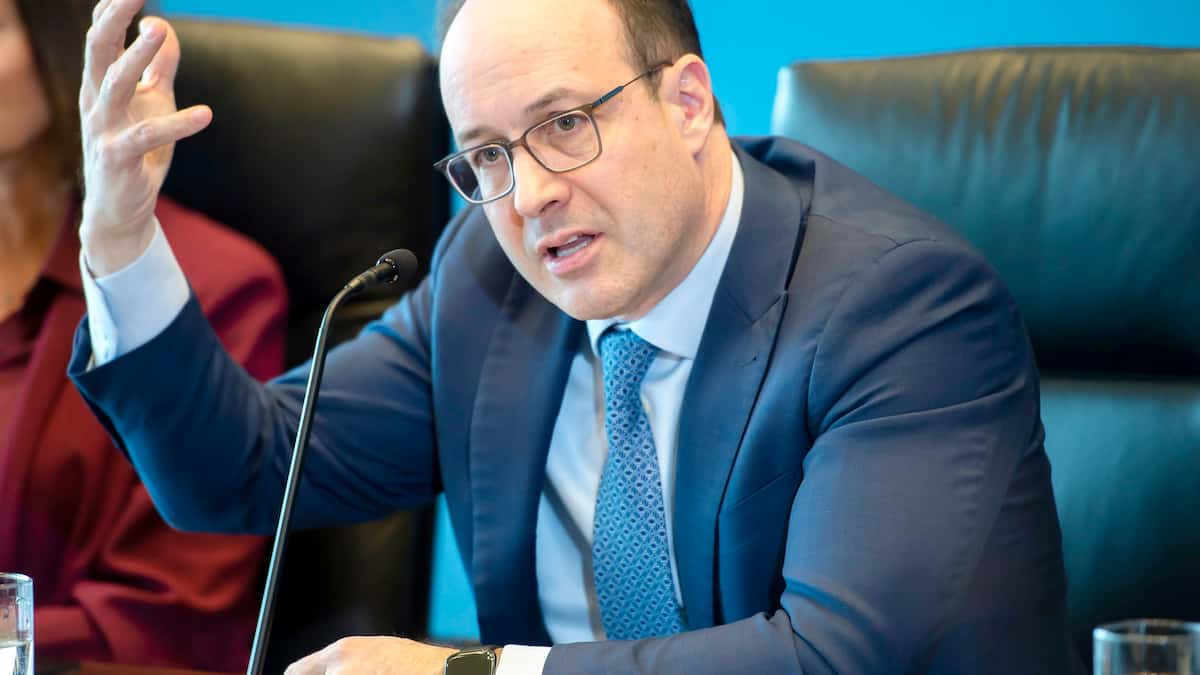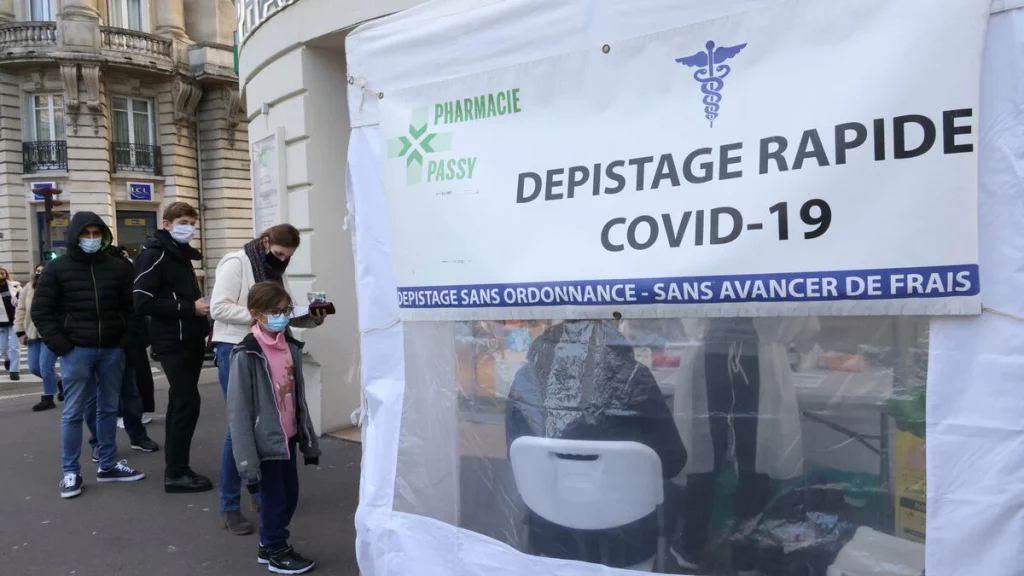“I am in touch, when should I take the test? This question has been asked by many people recently. 100,000 cases of Covid have been identified every day (on average) since the beginning of the week, that is how many people should warn those who ate lunch Or share a moment.
If they have been vaccinated, these contact cases are no longer obligated to self-isolate since the beginning of January. However, it is still recommended to limit their interactions and wear a mask. Since February 28, 1 test (PCR, antigen or self-test) Recommended, two days after being warned that they were contact cases. Previously, three samples were recommended: on the same day, in D + 2 and in D + 4. This change was determined based on the recommendation of the High Council of Public Health (HCSP), In a notice dated February 11. All these rules It will also apply from Monday to unvaccinated contact casesCurrently, they are still required to self-isolate for seven days.
“Ideally on D+4 or D+5 compared to call day”
However, this D+2 measure is called into question by some scientists. the reason ? It does not take into account the delay between the day we met the positive person (and thus the day we could have been infected) and the day that person told us they had COVID-19. Which makes us a connection issue.
One of the members of the collective points “on the side of the flag.” Several studies, including a Japanese study published Jan. 5, have looked at viral load and duration of infection for people with the Omicron variant. It shows that the ideal time to take the test would be “between five and nine days after the last risky contact,” L’Express reported in mid-January.
“Tests at D + 2 and D + 4 may reveal positivity, but the absence of positivity in D + 4 does not indicate the absence of contamination,” noted epidemiologist Mahmoud Zureik. If you’re near the infected person only a day before they test positive, the D+2 test runs the risk of arriving too early. This is especially true if it is an antigen test and a fortiori self-test, which is much less sensitive than PCR tests. We could have been contaminated but were not detected by the sample.
HCSP “monitors current developments closely”
All this does not mean that the test done on D+2 is of no use (especially if it is a PCR test), but rather that another sample two or three days later may make sense as well. Contacted, Didier Lippeltier, co-chair of the HCSP’s permanent Covid-19 working group, believes that “the D+2 we have chosen for a sentence is very favorable.” [de l’épidémie] It has good reason.” He immediately adds to “closely monitor current developments,” marked by a two-week recovery in the epidemic.
On the contrary, a test that is done once one becomes a case of communication is “meaningless,” slide Stéphane Korsia-Meffre, medical writer at Vidal. He can even be falsely reassured if he is negative. He notes that “on the other hand, testing on D0 may be of benefit if contacts are repeated for at least two days”. This is the case, for example, of two people living in the same house (one infected and the other a contact case).

“Music guru. Incurable web practitioner. Thinker. Lifelong zombie junkie. Tv buff. Typical organizer. Evil beer scholar.”







More Stories
Taste the first Canadian pizza to go into space
The Air and Space Forces want a “modular” plane to replace the Alphajet
Spain confirms that it is holding talks with Morocco